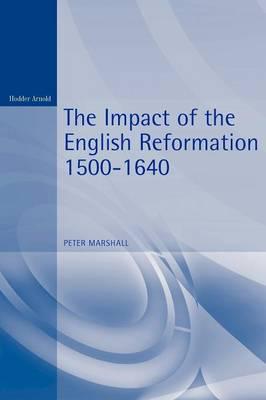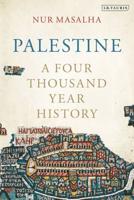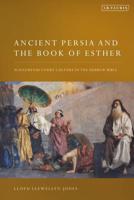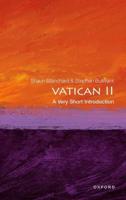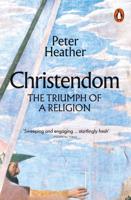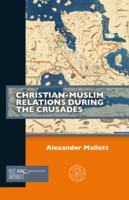Publisher's Synopsis
The English Reformation remains deeply controversial. While there is a
growing perception that the English experienced a 'long Reformation',
that it was a protracted process rather than an 'event', very
significant historiographical differences remain over the pace of
change, the means of implementation, and the degree of enthusiasm with
which the English people experienced the dismantling of their medieval
Catholic culture. How widespread was the appeal of early Protestantism
in England, and what, if anything, did it owe to native roots? How
effectively was religious change enacted in the localities, and how did
local communities react to the swings of official policy? In what sense
was England a 'Protestant nation' by the early seventeenth century? How
much continuity remained with the Catholic past?
The
contributions in this book identify and, in different and sometimes
contradictory ways, attempt to resolve these and other questions. It is
structured in three sections that combine a thematic focus with an
overall sense of chronological development, exploring the English
Reformation in terms of its origins, implementation, and outcomes.


